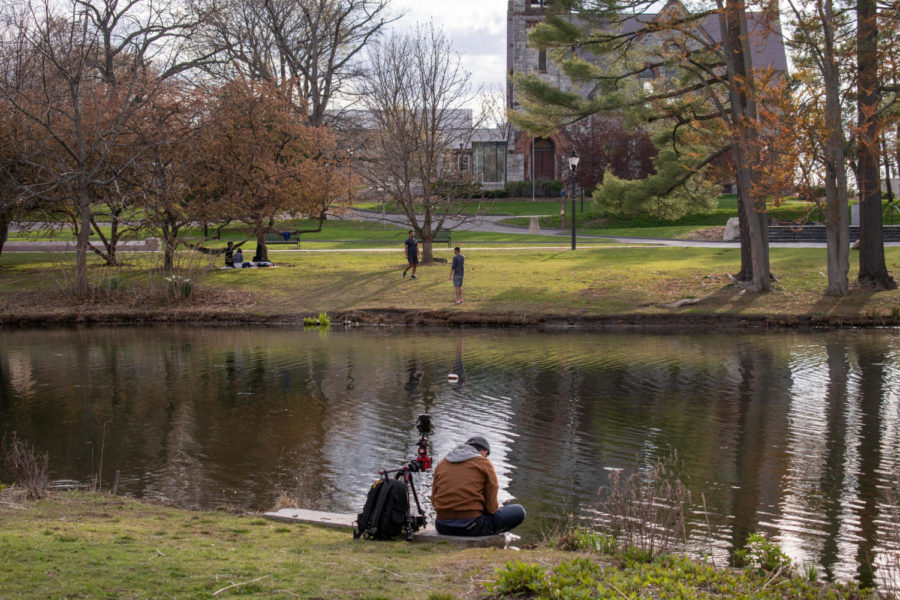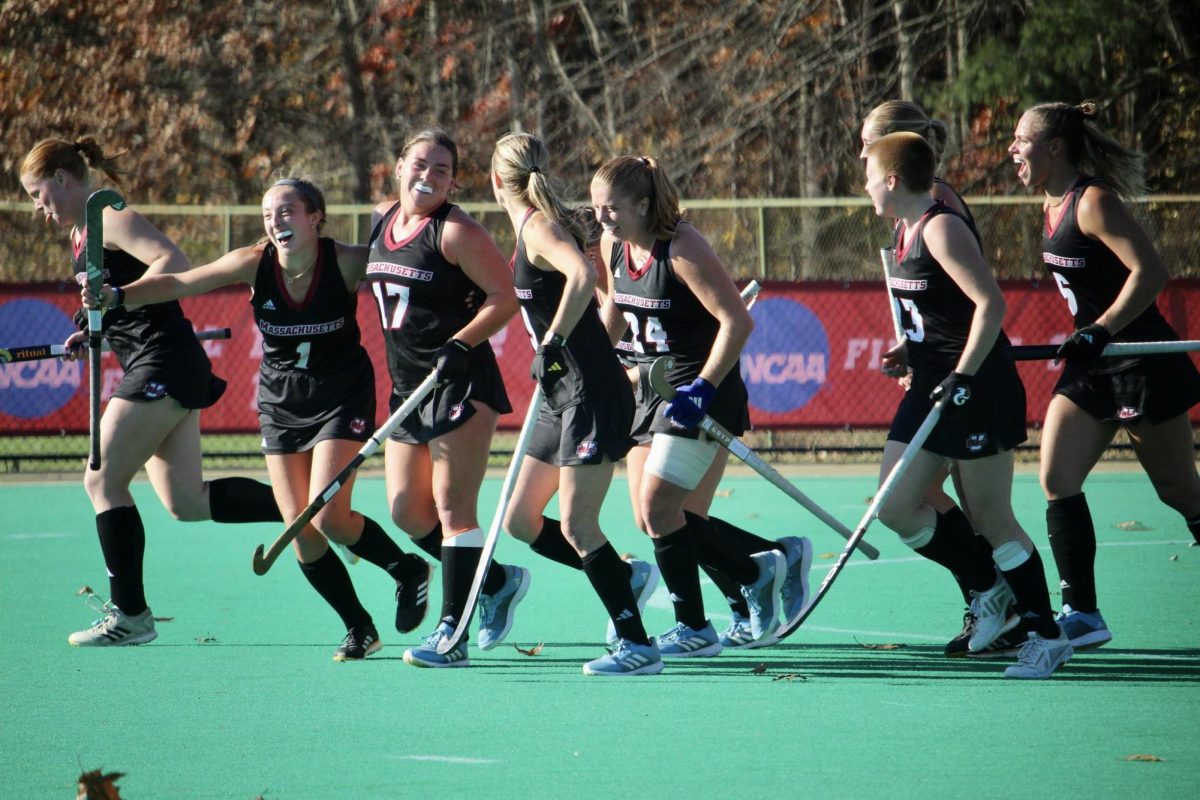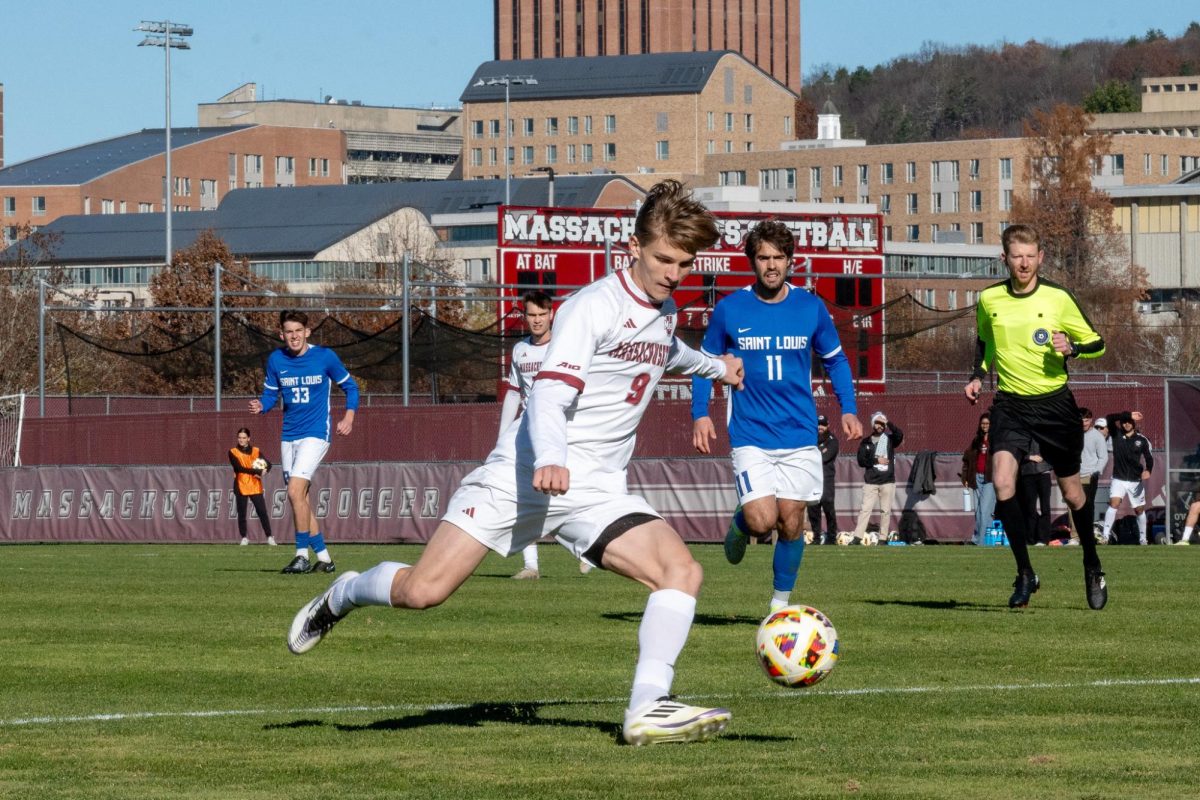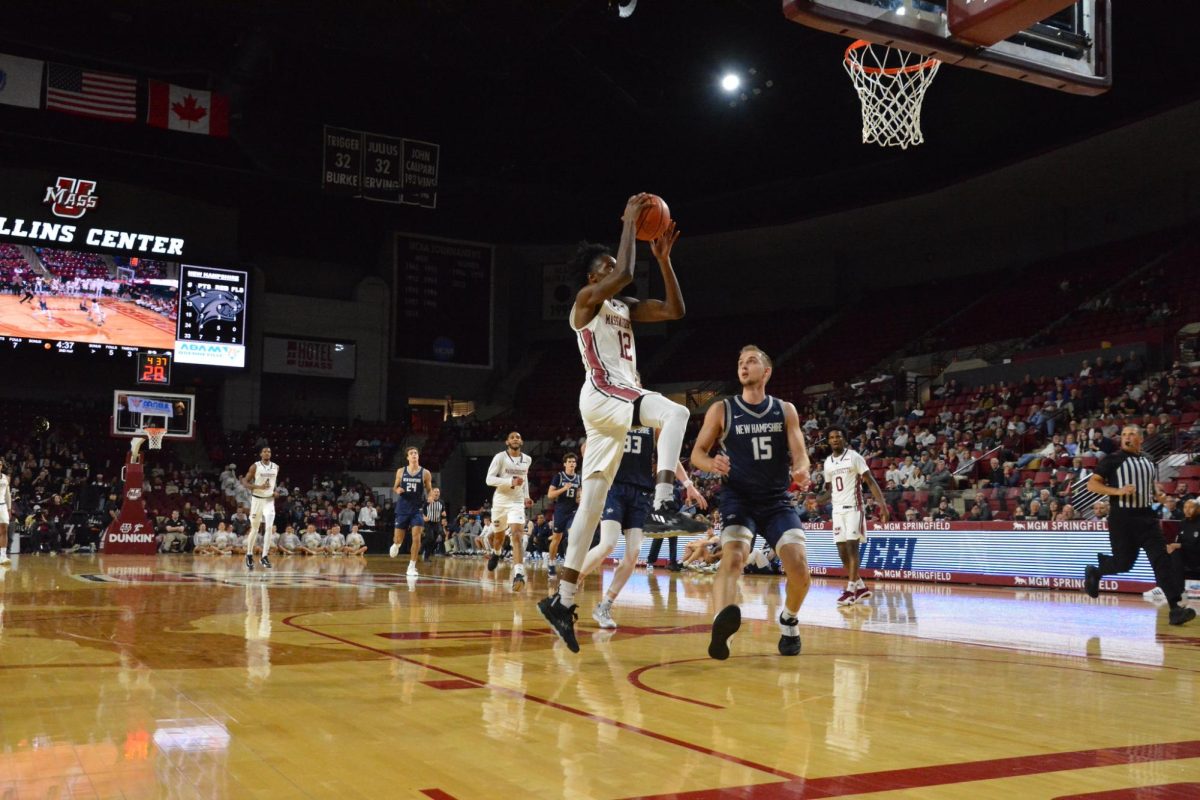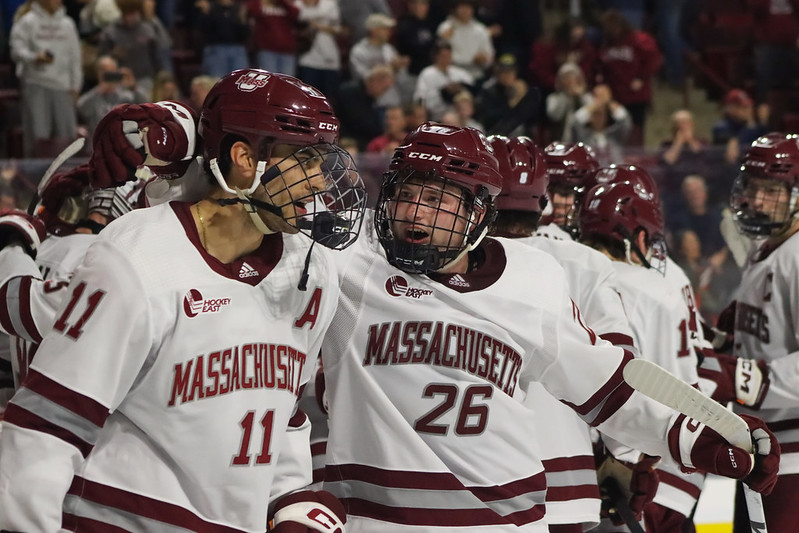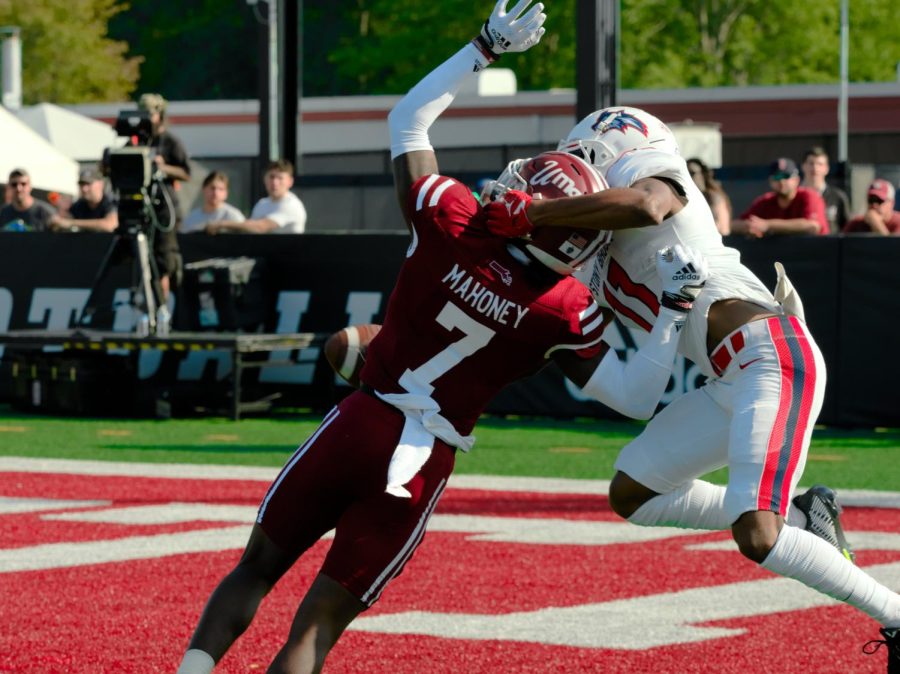Prohibition was enacted in 1919, banning the consumption, manufacturing, transportation and distribution of alcoholic beverages in the United States. Contrary to the desires of lawmakers, this led to an increase in the demand for alcohol, an increase in gang-related violent crime and a boom in the booze black market, especially in manufacturing operations such as moonshining. People found loopholes in the law and began pursuing illicit means of getting their fix which was often more dangerous, due to the unregulated nature of these beverages. In fact, up to 1,000 people per year died due to contaminated liquor during this time. In this case, the outcome is clear: prohibition was bad for the social and economic fabric of the country.
What does prohibition have to do with the current state of the University of Massachusetts? Since move-in, we have all heard the reports of the many parties and gatherings that caused the outbreak in early February. What if this could have been avoided? What if these could be regulated so that students could still attain the human connection that they crave during these trying times? I, for one, believe that would be ideal. If there are no school-sponsored social events, students will gather anyways, often in ways that break the Code of Student of Conduct. Cracking down on social gatherings is largely ineffective in preventing students from holding gatherings in the future. The UMass administration should instead hold more in-person social events whose safety can be regulated via mask-wearing and social distancing.
Attempting to limit social gatherings has borne little fruit in UMass’s effort to curb the spread of COVID-19, so what if they can lessen the effect? As with prohibition, outlawing something will only make people seek alternatives, as evidenced by the many student gatherings over the last few weeks. Therefore, UMass should be taking the initiative to host more socially distanced gatherings. Events such as the PondFIRE during Wellbeing Wednesday have been a step in the right direction, but slots filled up very quickly and groups could only stay for 30 minutes. The upcoming PondFIRE event filled up within 24 hours. The school is not doing enough to allow students to socialize safely, so it is not surprising that many students are flagrantly disregarding COVID-19 restrictions.
Fortunately, we can learn and interact with each other online — to a limited extent. This has eased socialization and learning by allowing people to move to online formats such as Zoom and various social media platforms. Despite this convenience, students have begun to express their disdain for this format. According to a Reddit survey I conducted, only about 14 percent of UMass students say they would attend an online school-sponsored social event. Additionally, a poll conducted on Blind, an anonymous professional network, indicated that during most work meetings 27.2 percent of surveyed individuals are “doing other stuff, listening for my name,” 27.4 percent are “paying attention, but usually silent” and 26 percent are “trying, but often zoning out.” The fact that around only 20 percent of participants surveyed said they are paying attention and actively participating says a lot about the nature of group video communication and effectiveness. Therefore, it can be reasonably inferred that these numbers would be similar for students in Zoom classes or activities. A possible solution to this would be, when the weather permits, holding classes outside. According to The Conversation, several institutions such as Amherst College, Eckerd College and Rice University have all constructed outdoor classrooms to give the benefit of in-person learning while reducing the risk of COVID-19 spread with an open-air environment. Given students’ disdain for online learning and activities, UMass should take advantage of this opportunity to foster more effective learning and social environments.
The COVID-19 pandemic has changed life for all and proved to be an extreme detriment to everyone’s college experience. In the best interest of the physical and mental health of students, we should do as much as we can to restore a sense of normalcy, as safely as we can, especially given decreasing case numbers and incoming vaccines. There is hope for the future and we should do as much as we can to ensure that hope remains. To bounce back from this trying time, it is essential that we do not lose part of what makes us human: social interaction, learning and physical activity.
Josh Lewis can be reached at [email protected].

